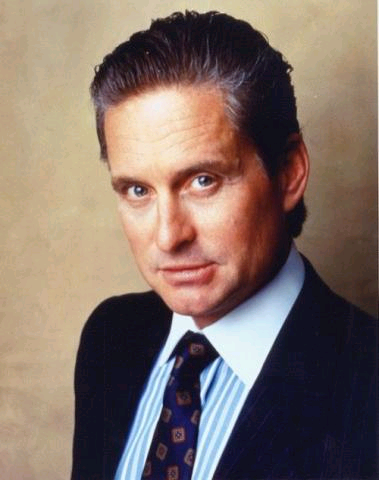For many viewers, The White Ribbon represents what many people dislike about some films. It doesn’t have a strong pace nor does it comfort you, it leaves a lot to be explained and tells very little, it doesn’t have a direct message yet it isn’t at all mindless. This film is by definition, alternative, when it comes to the task of storytelling. It is actually more like a painting than it is a story. Paintings often tell stories, but they also paint a picture, which The White Ribbon does very well and very deliberately by its director Michael Haneke.
Set within a year of the events that began World War I, The White Ribbon is about a small German village that contracts a very suspicious series of events. When the resident Doctor has a serious horse accident, the village begins to wonder who set the wire to trip him and why? It is not until the death of a farmer’s wife and the torture of the Baron’s son, do the events start to seriously concern the villagers, particularly the school teacher (played by Christian Friedel). However, these mysterious crimes are not the complete focus of the film, rather the catalyst for exposing the flaws, problems and conflicts of the various townsfolk.
The school teacher plans to marry one of the young nanny’s to the Baron’s children, Eva, despite being quite older himself. The Baron’s relationship with his wife is stretched by the torture of his youngest son and the discontent amongst the village tenants. The town midwife is dealing with inadequacy as the Doctor’s physical attraction to her wanes, while her own son suffers from a mental disability. Meanwhile, the children of the town’s priest must deal with constant moral policing by their father (the oldest two forced to wear white ribbons to remind them of their purity). These interwoven stories create the film’s best feature, a very interesting picture of life, society and drama in the pre-war era of countryside Germany.
This film is unconventional, but it remains interesting and dramatic enough throughout the lengthy two and a half hours. Unfortunately this is marred by a rather unsatisfactory ending; viewers will be able to conclude things for themselves but the film doesn’t go out of the way to tie things up. Adding to the mystery of the film, The White Ribbon plays the subtext card often. It isn’t what is said or shown that matters, but rather what isn’t, for the most part.
The cinematography is excellent because it complements the style of drama and storytelling in the movie perfectly. Filmed in black and white, the camera remains static and observant much of the time, with shots carefully composed to reveal and obscure the action within the frame. Movement is also very deliberate and fluid, which pulls the viewer along nicely. The lack of distracting colour not only adds to the simplicity of the world, but shows off the strong, natural expression in the actors’ faces, especially the children, who feature prominently.
![the_white_ribbon04[1] the white ribbon041 e1273079367596 600x231 The White Ribbon (Review)](/wp-content/uploads/the_white_ribbon041-e1273079367596-600x231.jpg)
The sound design is equally as effective in minimising distraction and providing a kind of stillness. Sound effects and diegetic music take precedent over any sort of score in the film, which again perpetuates the quiet feel. This tone is consistent throughout and is definitely successful in making you feel observant, rather than active in the picture.
Presuming Michael Haneke wasn’t trying to make the next mainstream thriller, The White Ribbon is successful in its intent. If you have the patience for the subject matter, you might enjoy this rather different pace of film. Unfortunately, many viewers may find themselves frustrated at times for the same reason. I must admit I felt this at points during the picture, but that has not completely stopped me from appreciating the clarity of vision and style of this social portrait.
Verdict:
The White Ribbon is not for everyone, but those with the patience to see its entirety will experience a unique window into the world of the German pre-war village; complete with social conflict, mystery and lots of subtext.







![Loose Cannons [Mine Vaganti] (Review) Loose Cannons [Mine Vaganti] (Review)](/wp-content/uploads/67_1824mayin_11-150x150.jpg)








